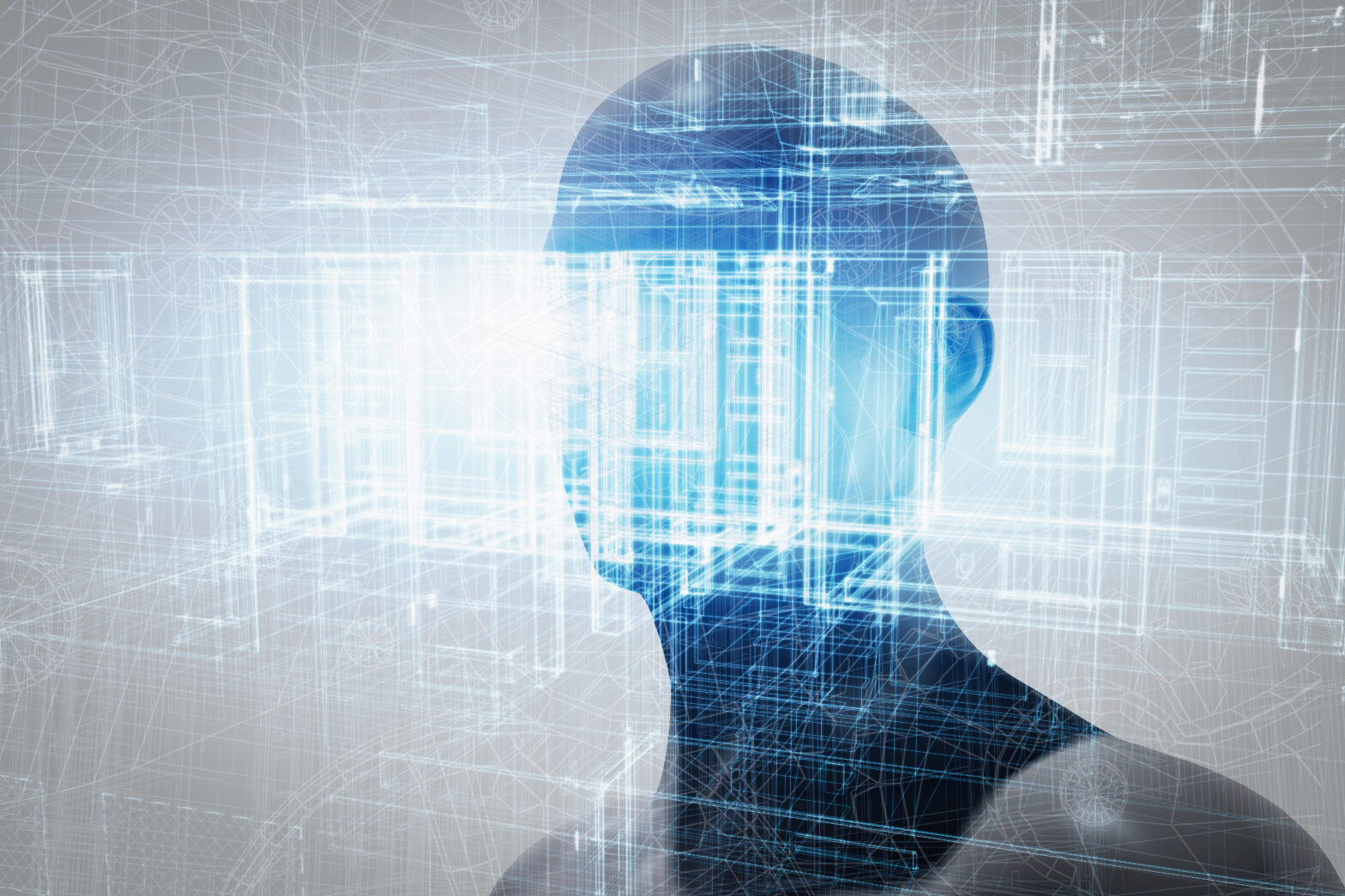AI has impacted our day-to-day lives for years, whether that’s automated voice calls or virtual personal assistants – like Siri – or even self-driving cars.
The next step is to implement AI technology into personal and cyber security systems.
Currently, one or two guards will monitor a bank of security screens, and it is a successful method of security, but it is not full proof.
Eliminating human error is a key driver behind bringing Artificial Intelligence to security through intelligent video analytics.
Humans can easily get distracted, generally have short attention spans, and often find it difficult to focus on multiple things at once – a bank of security screens.
>See also: AI will be the number one transformative technology of the next decade – so get prepared
In an article written by Dr. Mahesh Saptharishi, Senior Vice President of Analytics and Data Science at Avigilon, he explains: 'While a security officer might miss a person sneaking into a poorly lit facility, a camera backed with intelligent video analytics is designed to catch a flash on the screen and recognize it as a potential threat.'
'It will spot a person loitering at the perimeter of a schoolyard and alert on-the-ground security officials to investigate and take action if necessary, all without missing a beat and keeping close watch on the many cameras and locations.'
Just as AI can be applied to personal security systems, so to can it with cyber security systems.
The need for a cyber security overhaul is necessary as IT professionals know signature matching is no longer an effective means to identifying current attacks.
Hackers can easily conceal their attacks from these signature matching security systems.
A rejuvenation of the current system is needed.
>See also: Bring the noise: How AI can improve cyber security
Yesterday, DB Networks announced its DBN-6300 and Layer 7 Database Sensor software, were being deployed to successfully implement AI in the cyber security environment – to automatically protect databases’ infrastructure.
"AI-based cyber security is truly a sea change in the security industry," said DB Networks' Chairman and CEO Brett Helm. "AI enables us to quickly and accurately…identify cyber attacks in progress. In future generations of product, DB Networks will use the output from AI to drive autonomous cyber security technologies that not only block attacks but also automatically heal the vulnerabilities."
Caution, as always, must be taken – a Skynet scenario (for those of you who have seen Terminator), while unlikely, is not beyond the realm of possibility given this is the direction human technology is heading.
But the integration of AI into personal and cyber security systems is a natural progression as technology develops. It is more efficient and not hindered by human error.
Artificial Intelligence will of make locations – physically and virtually – safer by making technology more efficient and adaptable.







